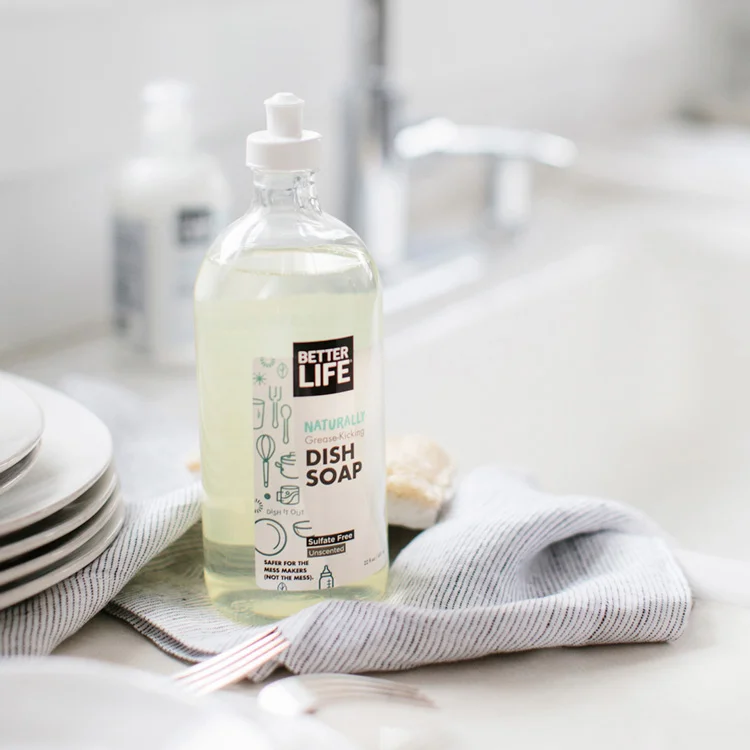Forged From The Heart
Recycled steel and wood find noble service in the knives of Heartwood Forge.
“I REGISTERED HEARTWOOD FORGE on Valentine’s Day in 2013, but my love affair with making tools from steel started before that,” explains company founder Will Manning. It’s the first statement he makes when talking about his cutlery business, and it’s clear that he is an artist with a sincere, devoted passion.
In a workshop just outside Athens, Georgia, Manning creates handmade knives almost entirely from reclaimed steel and wood. The idea of reusing and recycling materials has always been with him, he says, starting with his parents. His mother had manure delivered to her garden for compost, and his father placed a high value on reusing nails in his own workshop. Their efforts made a lasting impression: “The idea of utilizing the waste of others is innate in how I operate.”
It’s a philosophy that sits well with blacksmithing, the job Manning held before he created Heartwood. After earning his BFA from Savannah College of Art and Design, Manning found work as the resident blacksmith at Mission San Luis, an historical village and living-history museum in Tallahassee. There, he discovered that re-using valuable materials, like steel and iron, was an integral part of the historical profession of blacksmithing.
While Manning produced the occasional knife for the museum, it was really through meeting and working with other blacksmiths that he learned about knife making. “I had always been told to ‘find old band saw steel – it makes a great knife.’” The advice stayed with him, and, fatefully, at a meeting of the Florida Artist Blacksmith Association, one of Manning’s mentors gave him part of an industrial band saw.
Slowly, he worked through the steel. He practiced making knives, experimenting with types and techniques. Soon he was sourcing old band saws from farms, mills, and collectors, and procuring metal from other sources like circular saw blades from century-old mills and scraps from automakers.
The wood Manning uses for handles is also locally sourced and typically reclaimed. Oak trees cleared from his blueberry patch were originally slated for firewood; after a year of aging, they revealed a beautiful spalting and found their way into his shop. Other native hardwoods like ambrosia maple, walnut, and cherry are often found as scraps from local mills.
At first, Manning forged knives when he had time after work, and slowly began to build a following, created mostly through word of mouth from friends and family. Now, he says, he can make a basic knife in twenty-four hours, if he needs to rush. Otherwise, he typically works on around ten knives at a time, spending about a month on the entire group.
Cleavers are one of the most difficult to make, he says, and take longer because they are usually forged from particularly thick steel and have a traditionally-punched hole. Chef’s knives, however, take the cake: “There’s a lot of geometry, there’s more steel to shape under hammer, and grind…twenty percent, approximately, turn into rejects during heat-treating.”
Despite any frustrations, Manning is willing to put in the time and effort to produce a quality product, and his customers seem to agree: currently, the waitlist for a custom-made knife is sixteen months long. heartwoodforge.com
Originally published in the Fall 2016 edition of The Coastal Table.





